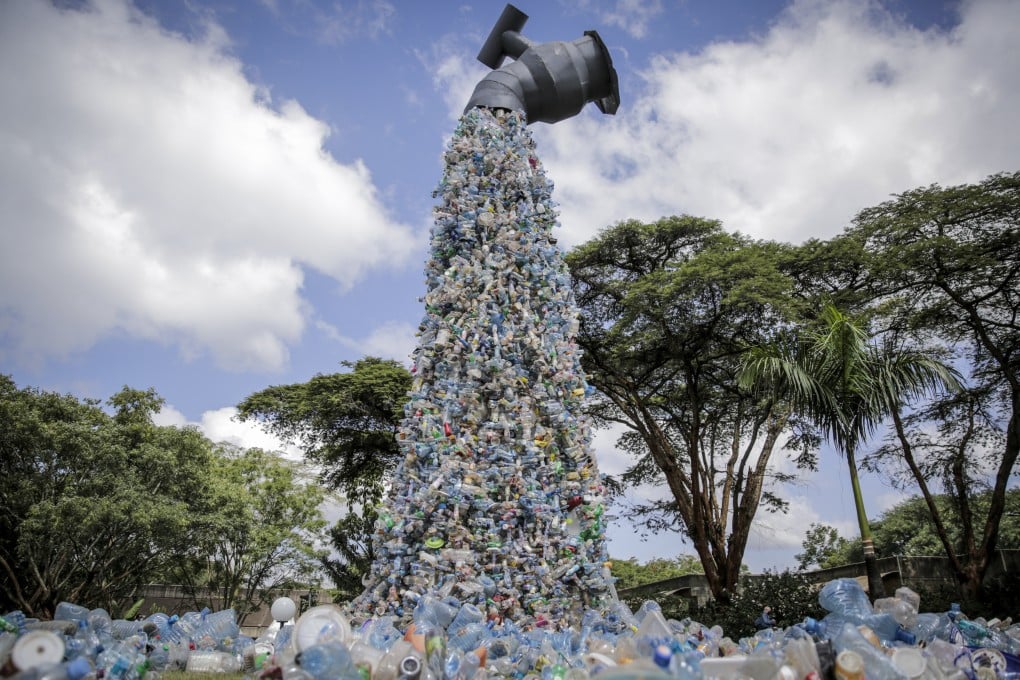Advertisement
Opinion | Hopes for a global treaty to end plastic pollution rest on China
- China is both a leader in global environmental governance and one of the world’s biggest plastic polluters, making its support on the plastic issue essential
- The best way to get Beijing on board is to emphasise the positive alignments between its ambitious carbon neutrality goals and a strong international treaty
Reading Time:3 minutes
Why you can trust SCMP
1

The UN Environment Assembly made history earlier this year when it resolved to work towards forging a legally binding international agreement to end plastic pollution. At the end of November, delegates from around the globe will meet in Uruguay for the first Intergovernmental Negotiating Committee (INC) to discuss this treaty.
As one of the world’s largest producers and consumers of plastic, China will play an important role in ensuring the future faith of plastic treaty negotiations. Beijing has yet to take a clear public stance on the prospects of the treaty, but one official statement suggests China is attaching high importance to the process and its outcome.
We are hopeful that China’s heightened attention to environmental protection and its growing presence in international forums and involvement in global environmental governance processes will lead it to take a proactive role in forging a strong agreement.
Domestically, China has been strengthening its regulatory framework on plastic governance in recent years. Between 2000 and 2021, the number of Chinese plastic-pertinent policies increased by over 56-fold. These policies have also become increasingly comprehensive, targeting different types of plastics and including various aspects of the plastic value chain.
While these policies appear to be largely domestically focused, the international plastic treaty negotiations could be an excellent opportunity for China to show its commitment to global environmental leadership.
However, at the meetings leading up to the UN Environment Assembly’s decision to begin treaty talks, the input from Chinese delegates was lukewarm at best.
Advertisement


